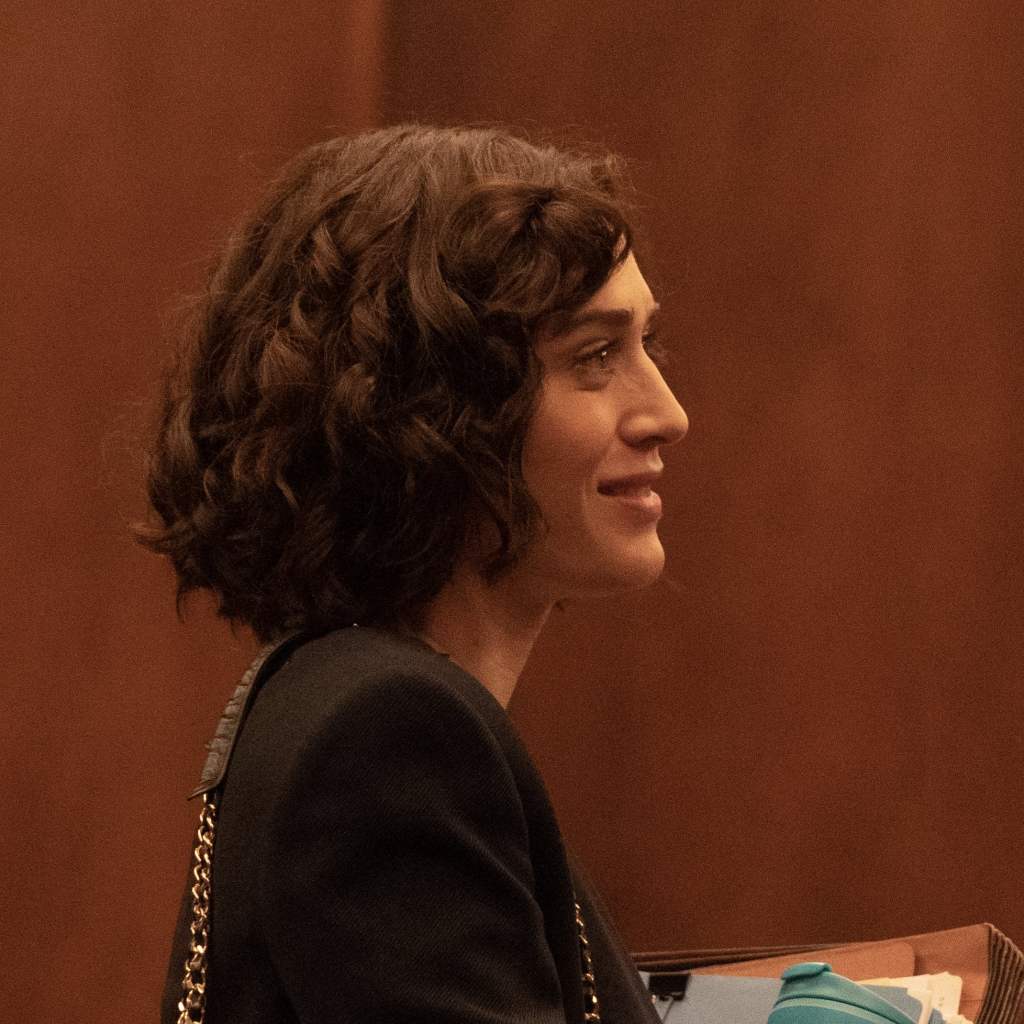Image Source: Monty Brinton / Paramount+
Decades after its release and six Oscar nominations later, the enduring image associated with 1987’s hit thriller “Fatal Attraction” is, for many, a boiled bunny. Enraged by her married partner’s decision to call off their brief affair, Alex Forrest (played by Glenn Close) attempts to send a message (Iconically, that she “will not be ignored”) to Dan Gallagher by cooking his child’s pet bunny. The cinematic moment spawned a new term for a jilted paramour but didn’t deeply examine why someone would take such drastic actions.
Now, with the embracing of the antihero onscreen and the real-life push for mental health conversations to be shrouded in less stigma, entertainment media is painting a fuller picture of why people make the decisions they do – and that’s obvious in Paramount+’s “Fatal Attraction” streaming reboot.
Star Lizzy Caplan, 2023’s Alex, tells POPSUGAR it was “hugely important” to get the mental health aspect of the story just right in the new adaptation. “It was the whole point of the exercise, really. In speaking to [showrunner] Alex Cunningham, this is the version of the story that she was the most interested in telling, and very much the version of the story that I was interested in telling as well.” Cunningham further pinpoints that exercise as “exploring people’s motives and intentions and their backgrounds and what contributes to their decision making both in the moment.”
In general, Caplan feels there isn’t a way to “tell the 1987 version of the story through a modern lens. Audiences are demanding different things.”
In the new “Fatal Attraction,” Caplan’s Alex is employed in victims’ services and crosses paths with Dan (Joshua Jackson), a Los Angeles deputy district attorney, at work. Unlike the film, which ends in Dan and Alex’s deadly final confrontation, immediate flash-forwards in the series show that the former has spent years in prison for murdering the latter. Episodes are being released weekly leading up to the final two installments on May 28, with much of the action – and exploration into who Alex really is – still to come (though the stars have assured in other interviews, there’s no bunny boiling this go around).
Series director and executive producer Silver Tree echoes Caplan, telling POPSUGAR that in their evolved version of the iconic erotic thriller, it was crucial for them to not just be “putting people in a box and calling them ‘crazy,’ but really trying to figure out how people arrived to their state of mind.”
Executive producer Kevin J. Hynes feels that while it may be easy to diminish Alex as a “villain,” they instead hope viewers understand her as “someone who’s struggling mightily with a mental health issue that unfortunately probably wasn’t properly diagnosed and wasn’t properly treated.”
“More than anything, I think [the changes are] a comment on how society and audiences have changed over these past however many decades.”
That doesn’t mean there’s no reverence for the work original star Close did as Alex – Tree says of the Academy Award-nominated turn, “It was such a researched performance and we talked about that from the first time we met, just wanting to flesh that out and really show what she was going through behind the scenes that made her act the way she did.” Caplan, too, tells POPSUGAR she “couldn’t be a bigger fan of the film.” Explains the actor, “More than anything, I think [the changes are] a comment on how society and audiences have changed over these past however many decades.”
And while there’s “always” trepidation to take on a role so distinctly linked to another actor, especially Close, Caplan questions, “I think if you’re not going to do the things that are scary, what are you even doing?”
Related: Lizzy Caplan Feels Lucky to Experience Parenthood With Husband Tom Riley

